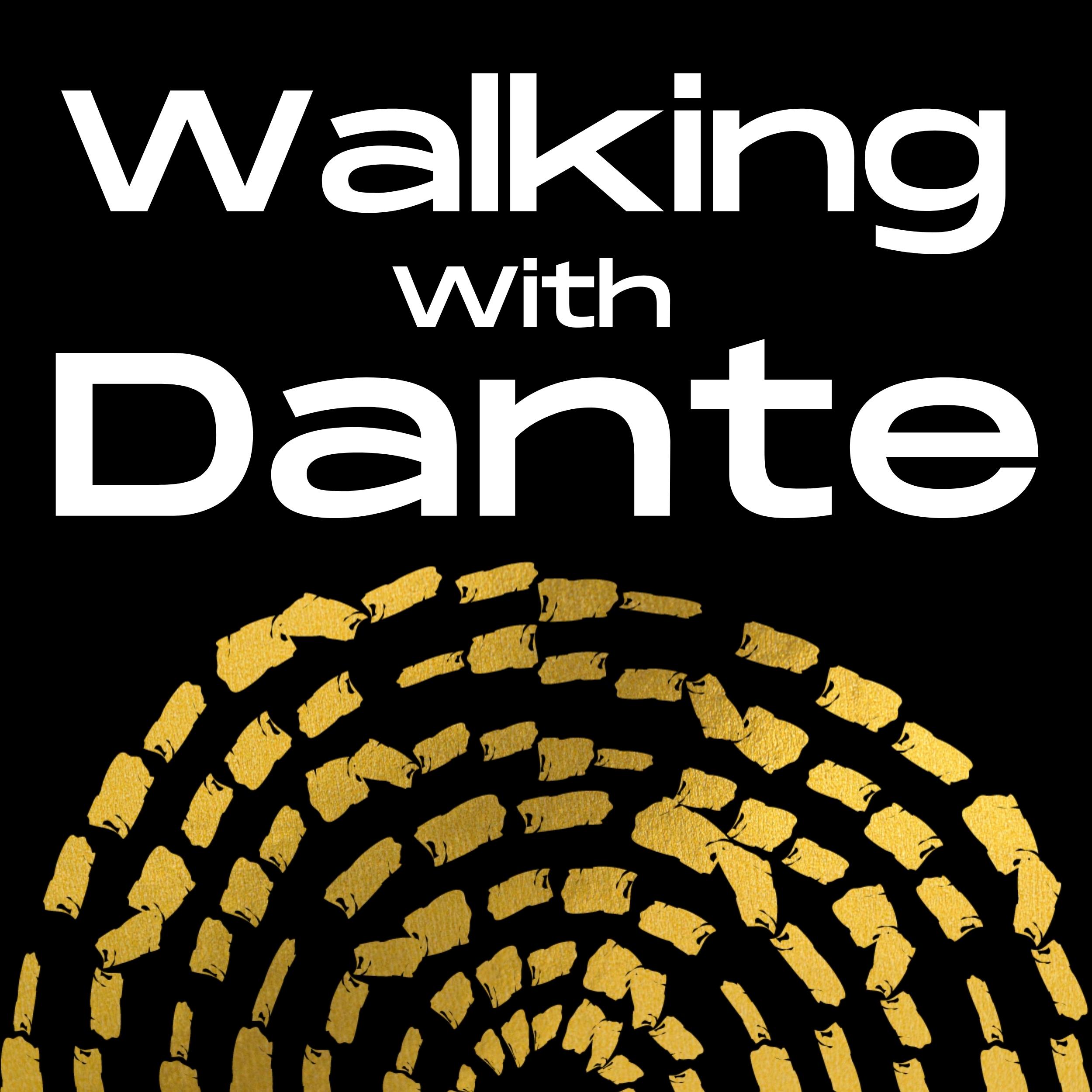Two More Voices On The Winds Of Envy: PURGATORIO, Canto XIV, Lines 127 - 141
Description
With Guido del Duca enmeshed in his tears, Dante the pilgrim and Virgil begin to talk on along the terrace of envy, searching for a way up to the third terrace of Purgatory.
Lo and behold, they're struck by two voices, just as they were when they got up to this terrace. This time, it's Cain and Aglauros, speaking on the wind.
Join me, Mark Scarbrough, as we begin to conclude our time with the envious and encounter a Biblical and a classical voice to warn us of the final dangers of envy.
If you'd like to help support this podcast by underwriting its streaming, licensing, hosting, and domain fees, please consider donating whatever you can using this PayPal link right here.
Here are the segments for this episode of WALKING WITH DANTE:
[01:23] My English translation of the passage: PURGATORIO, Canto XIV, lines 127 - 141. If you'd like to read along or continue the conversation, please find the entry for this podcast episode on my website, markscarbrough.com.
[02:46] Silence, then the first departing voice from the terrace of the envious: Cain, after his fratricide and banishment.
[09:35] The second departing voice from the terrace of envy: Aglauros, from Ovid's METAMORPHOSES.
[15:37] Dante sidesteps toward Virgil, an unusual move.
[17:49] Comparing and contrasting the four voices on the wind along the terrace of the envious.
[21:07] Is nostalgia an appropriate response to social inequality and its prompting of envy?
[24:58] Rereading the passage: PURGATORIO, Canto XIV, lines 127 - 141.
More Episodes
We've come to the middle of PURGATORIO . . . and indeed the middle of COMEDY as a whole. Let's take a breather and review where we've been in Purgatory since our very slow approach sometimes (or often?) causes us to privilege the trees over the forest.
Join me, Mark Scarbrough, as I walk you...
Published 11/20/24
Published 11/20/24
We come to the end of Virgil's (first) discourse on love, as well as the end of the central canto of PURGATORIO.
But it's a strange end since Virgil admits to what he doesn't know. Having been so certain about how human behavior operates, he concludes by telling Dante the pilgrim he's on his own...
Published 11/17/24


